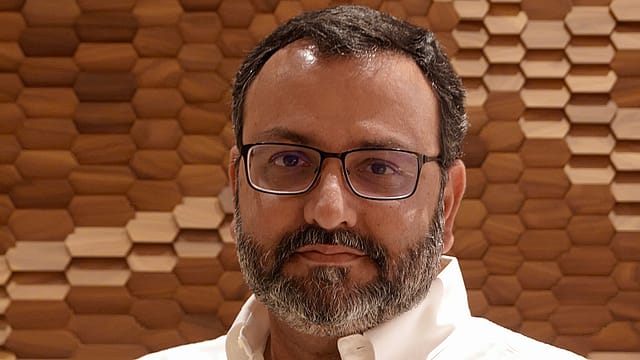Mistry walks the talk by bidding ‘Tata’ to chairmanship
ADVERTISEMENT

By making it clear that he has no interest in returning as chairman of the Tata group, Cyrus Mistry may have gained an edge (at least vis-à-vis perception) in the corporate battle that he is engaged in with the salt-to-software group and its promoters. Mistry’s family has a 18.4% stake in the group.
In a late evening statement issued on January 5, 2020, Mistry clarified: “To dispel the misinformation campaign being conducted, I intend to make it clear that despite the NCLAT (National Company Law Appellate Tribunal Order) in my favour, I will not be pursuing the executive chairmanship of Tata Sons, or directorships of TCS (Tata Consultancy Services), Tata Teleservices or Tata Industries.
On December 18, 2019, the NCLAT overturned an earlier judgment passed by the Mumbai bench of the National Company Law Tribunal and held that Mistry’s removal as chairman of Tata Sons, the flagship holding company of the $110-billion group, was illegal; as was his removal as director of the three aforementioned group companies that are listed. The NCLAT judgment observed that the board of Tata Sons, the Tata Trusts (that collectively own 66% of Tata Sons) and its trustees (including Tata Sons’ former chairman Ratan Tata) had acted in a manner prejudicial to the interests of the minority shareholders of the group, which includes the Shapoorji Pallonji Group, whose patriarch Pallonji Mistry is Mistry’s father.
January 2026
Netflix, which has been in India for a decade, has successfully struck a balance between high-class premium content and pricing that attracts a range of customers. Find out how the U.S. streaming giant evolved in India, plus an exclusive interview with CEO Ted Sarandos. Also read about the Best Investments for 2026, and how rising growth and easing inflation will come in handy for finance minister Nirmala Sitharaman as she prepares Budget 2026.
By explicitly foregoing his claim to the top job at Bombay House, the headquarters of the Tata group, Mistry has achieved two things. One: Investors will heave a sigh of relief that the apple cart won’t be disturbed as far as the leadership of the group is concerned. After his removal in 2016, N. Chandrasekaran was appointed chairman of Tata Sons in early 2017.
The former TCS boss has since undertaken a concerted approach towards solving the pain points of the group in India and abroad. Mistry has earlier placed on record that he holds Chandrasekaran in high esteem and many of the strategies being implemented by the current group chairman are similar to what Mistry had planned.
By not fighting Chandrasekaran to regain the chairmanship of the group’s flagship holding company, Mistry has ensured that Chandrasekaran can go about his job, even as the sanctity of executive decisions he has taken—past, present and future—is maintained. This is essential for the stability of the group and also in the best interest of the Mistry family, which holds a significant minority stake in Tata Sons.
Second, Mistry’s public statement further lends credence to his past and present claim that his fight is solely to ensure strong corporate governance at the business house and not an individual quest for power.
“Recent media reports attributed to Mr. Ratan Tata and others questioning the NCLAT judgment ahead of an important hearing in the Supreme Court, profess an interpretation of corporate democracy as being one of brute majoritarianism with no rights for minority stakeholders. The question in these legal proceedings is whether the oppressive actions of a majority that stifles minority shareholders is beyond reproach and outside judicial oversight,” Mistry asked in his carefully-worded statement. “Globally, and including in India, Company Law has evolved to protect the rights of minority shareholders and strengthen corporate governance. The Companies Act, 2013, has considerably strengthened the statutory protections accorded to minority shareholders from oppressive conduct of the majority shareholders. Indeed, for Corporate Democracy to be strengthened, all stakeholders must operate within the ambit of law and statutorily enshrined protections.”
On his part, Ratan Tata has filed a petition in the Supreme Court asking the apex court to set aside the NCLAT judgment. In his petition, he has said that Mistry lacked leadership skills and his handling of issues like the litigation with NTT DoCoMo, Tata group’s former partner in its telecom business, had allegedly brought disrepute to the business house. He further alleged that the financial performance of Tata Sons under Mistry’s leadership was unsatisfactory and raised questions on the way in which the group acquired businesses like the Welspun Group’s renewable energy business when he was chairman.
